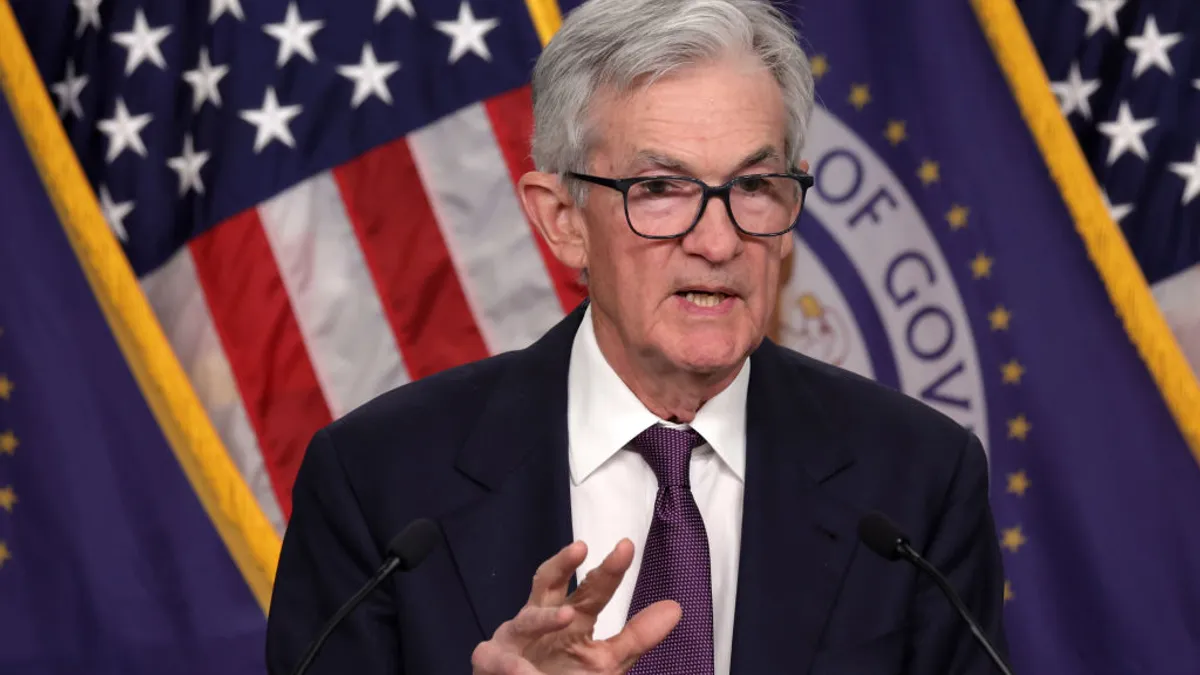Sweeping tariffs proposed by President-elect Donald Trump could backfire on the trucking industry by driving more inflation, creating further demand setbacks that the industry has wrestled for years, experts say.
That’s because trade restrictions could complicate the Federal Reserve’s efforts to balance low unemployment and inflation, FTR Senior Analyst of Rail Joseph Towers said last week on an outlook webinar.
A two-year freight recession has pummeled the trucking industry, jolting firms with weaknesses across consumer spending and manufacturing. But the trucking sector is hoping for an upturn to materialize in a meaningful way in 2025.
Federal interest rate cuts could ease carriers’ borrowing capabilities, and Towers said the Fed could carry out two rate cuts this year. As of December, an aggregated forecast shifted from four cuts for 2025 to two cuts.
“The Federal Reserve ... has signaled that it is going to slow that down, or likely will slow that down, until it sees continued progress toward getting inflation back to the 2% range,” FTR VP of Trucking Avery Vise said at the forecasting firm’s event.
The Fed is awaiting more information about how Trump carries out his economic policies after taking office on Jan. 20. Officials felt that the sticky inflation and “effects of potential changes in trade and immigration policy” might delay the Fed’s ability to achieve a 2% inflation target by 2027, according to minutes from the Fed’s December meeting, released last week.
A key measure indicates inflation increased in the fall. Year over year, the Personal Consumption Expenditures index increased 2.1% in September, 2.3% in October and 2.4% in November.
“While this is nowhere near the staggering rates of inflation from 2022, the stickiness of price increases is likely a major contributor (along with strong consumer spending) to the Fed’s prediction that they would only consider cutting rates twice in 2025,” university researchers for the Logistics Managers’ Index noted in a report last week.
The Fed is seeking to keep inflation at 2% in the long run, and persistent inflation could dampen economic growth, ITS Logistics CFO Stan Kolev said in a report last month.
Consumer Price Index inflationary data is set to be released Wednesday, while the business-focused Personal Consumption Expenditures data is slated for Jan. 31.












